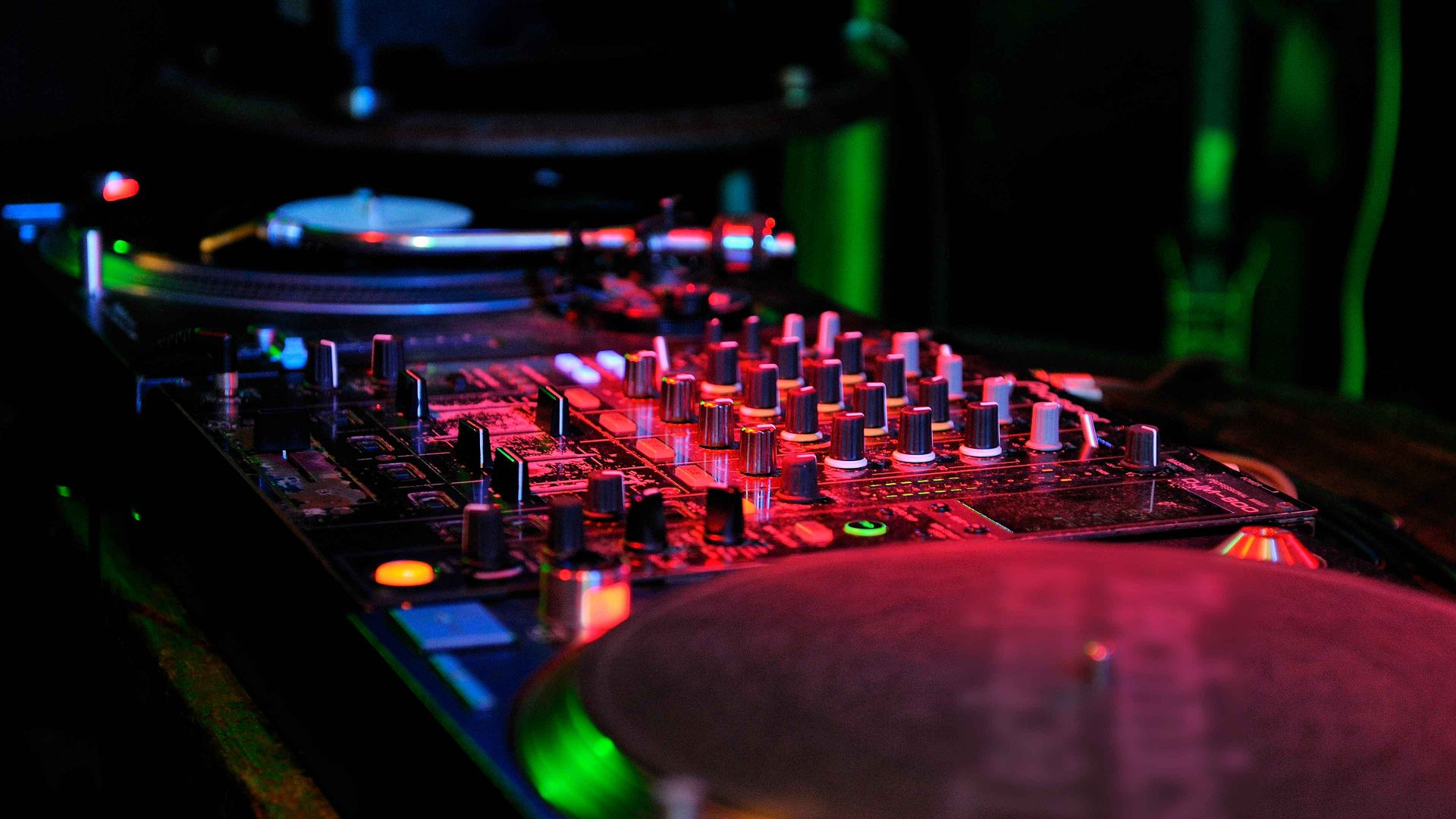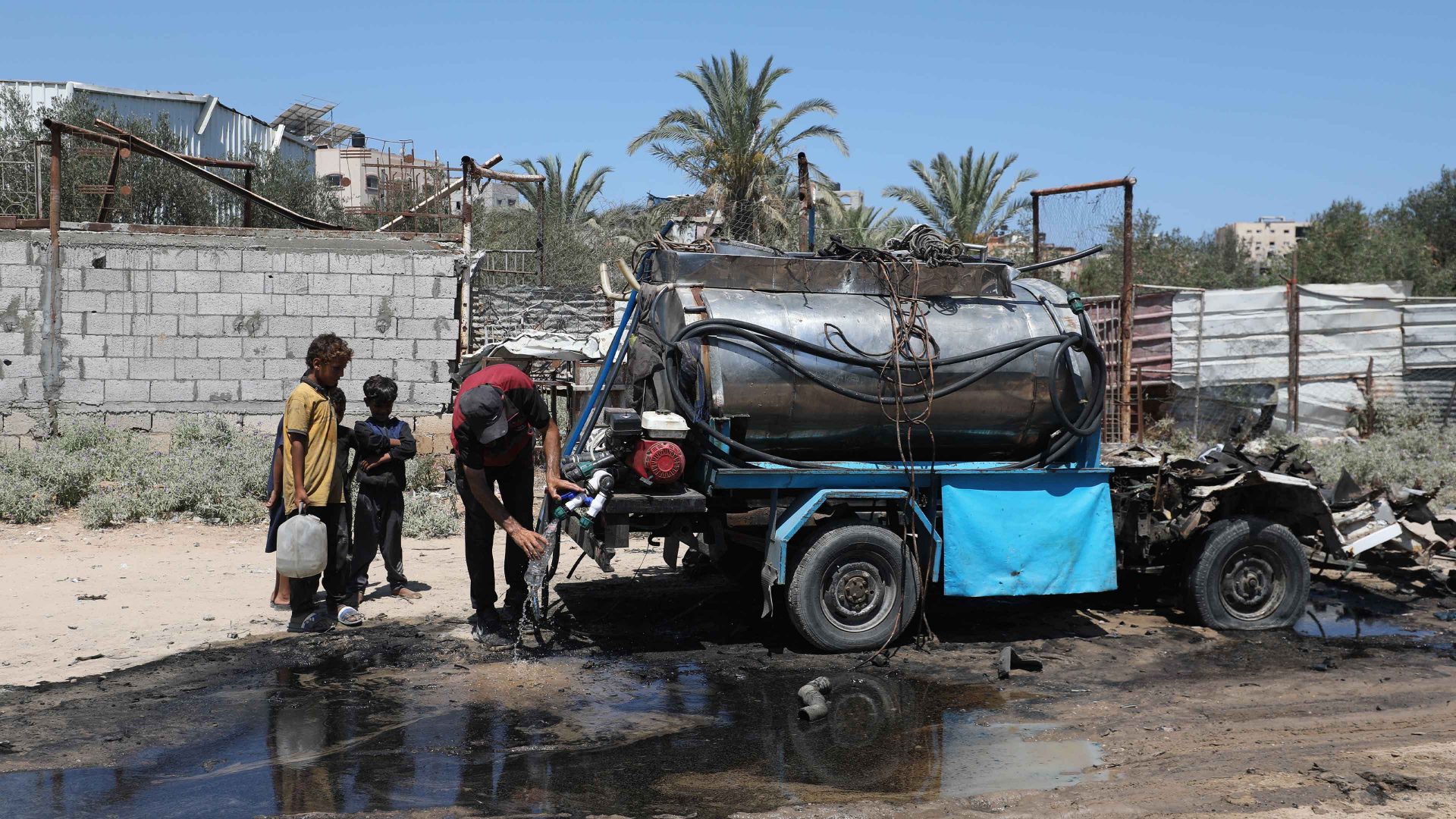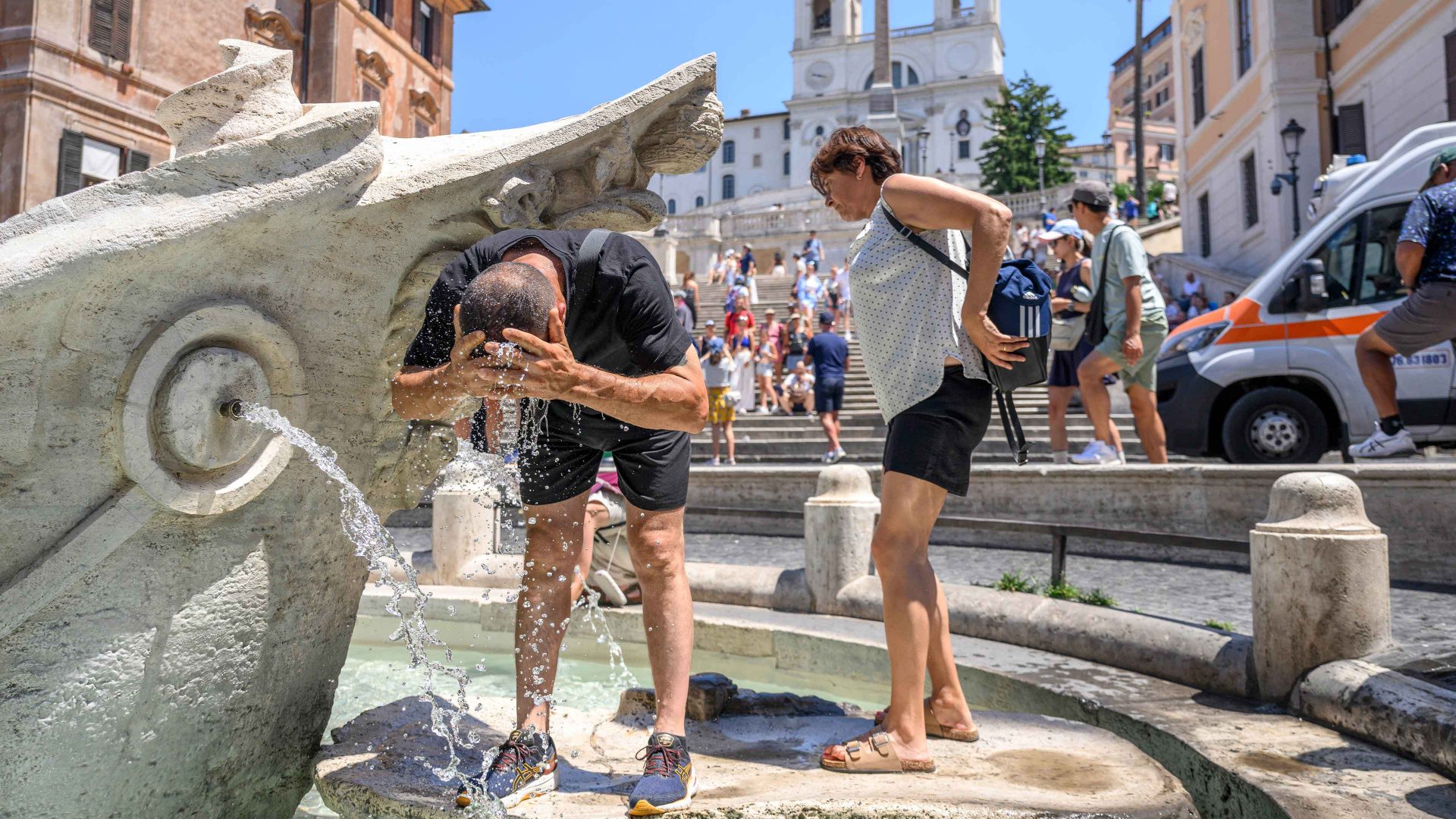“So….does it get more crowded?”
It was 2am and I was with two friends under a bridge in a small concrete park in northern Taipei. We had gone there to attend a rave I’d heard about. But there were only about five people there.
No luck, as it turned out. Someone we talked to said that there had been a group of 30 people earlier, but that they had all suddenly gone.
A month ago I went to a rave in an abandoned temple. Several hundred people turned up, before it was shut down by the police. Then about a fortnight ago I had been to a punk night at the same place, with a similar-sized crowd. That one wasn’t shut down at all and just kept on playing.
Raves like this are almost always last-minute things, arranged by small groups of friends, and they have been taking place in Taipei for decades, often under the motorway underpasses between Taipei and New Taipei.
My European friends understand our culture of outdoor raving – Americans tend to have less experience with this kind of thing. But then all young people like to party in cool places, and in recent years I’ve been out raving in abandoned air-raid shelters, abandoned underground stations, abandoned nightclubs and abandoned factories.
It’s also a sign of the times. Not everyone can afford entry to a nightclub. And young people are often interested in the rundown, more characterful side of the city, while local authorities seem more interested in tearing it all down for real estate development. Another way of putting it is that Taiwanese identity is on the rise and Chinese identity is on the decline. Taiwanese want to preserve their local history.
Taiwan’s temple culture is one of the things that sets us apart from China, with the destruction of Chinese culture during the Cultural Revolution. That bus station was of interest because it appeared in a Tsai Ming-liang film. I suspect few people think about these identity issues, except on a subconscious level. Is it why we end up raving in temples?
It’s a very non-commercial movement, and it stands in contrast to the commercial shopping districts that are appearing across the city. The spreading consumerist landscape is perhaps driving these one-off events that take place in some abandoned historical site. At best, the organisers may ask for a nominal fee to recoup costs, or sell drinks cheaply.
The raves come and go. Sometimes, there’s a lot of them; other times, a season may pass by without many. It depends on how much energy the organisers have to put them on, or whether there’s another crackdown by the city government.
Sometimes I wonder what drives people to put so much energy into organising these raves, but perhaps that’s the point – these events are not meant as any kind of money-making venture. For consumerist times like these, in which it would require you to not eat or drink for 15 years to afford a home in Taipei, perhaps that is what society needs.
Brian Hioe is a writer, editor, translator, activist and DJ based in Taipei



